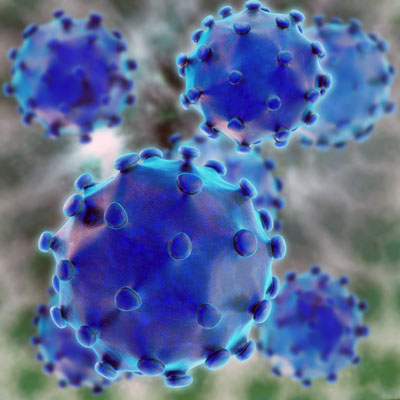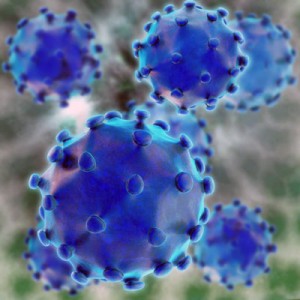Harvoni and Sovaldi demonstrate efficacy among chronic hepatitis C patients with advanced liver disease
Posted: 23 April 2015 |
Results announced from several Phase 2 clinical studies evaluating uses of Harvoni and other Sovaldi-based regimens for the treatment of HCV infection…


Gilead Sciences has announced results from several Phase 2 clinical studies evaluating investigational uses of Harvoni® (ledipasvir 90 mg/sofosbuvir 400 mg) and other Sovaldi® (sofosbuvir 400 mg)-based regimens for the treatment of chronic hepatitis C virus (HCV) infection in patients with advanced liver disease.


This includes patients with decompensated cirrhosis, patients with fibrosing cholestatic hepatitis C (a rare and severe form of the disease following liver transplantation) and patients with portal hypertension. These data will be presented this week at the The International Liver Congress™ 2015.
Sofosbuvir based oral therapies like Harvoni potentially offer high cure rates
“The patients included in these analyses are among the most difficult to both treat and cure and, until now, have had limited or no treatment options,” said Michael P. Manns, MD, Professor and Chairman, Department of Gastroenterology, Hepatology and Endocrinology, Hannover Medical School, Hannover, Germany. “These data demonstrate that, even among these difficult-to-treat patient groups, sofosbuvir-based oral therapy offers the potential of high cure rates, improves outcomes and is generally well tolerated with a favourable safety profile.”
In SOLAR-2 (Study GS-US-337-0124, Oral #G02), 328 genotype 1 or 4 HCV patients with decompensated liver disease before liver transplantation or recurrent HCV infection following liver transplantation were randomised to receive either 12 or 24 weeks of Harvoni plus ribavirin (RBV). Of 32 genotype 4 patients, 84% achieved sustained virologic response 12 weeks after treatment (SVR12). Additionally, among patients with compensated and decompensated cirrhosis before and after liver transplantation, virologic response was associated with improvements in Model for End-Stage Liver Disease (MELD) and CPT scores used to stage end-stage liver disease.
The most common adverse events were fatigue, anemia, nausea and headache. Overall, six patients discontinued treatment due to adverse events, five of whom had decompensated cirrhosis.
Further supporting the safety profile of Harvoni plus RBV among this patient population was data from a pooled safety analysis of 659 patients treated in the SOLAR-1 and SOLAR-2 studies. Both studies evaluated Harvoni plus RBV for 12 or 24 weeks in genotype 1 or 4 HCV patients with decompensated liver disease or recurrent HCV infection following liver transplantation. Overall, adverse events were similar to those seen in previous studies, including the Phase 3 ION studies. Fewer than 3% of patients discontinued due to an adverse event, none of which were attributed to Harvoni treatment.
Study GS-US-334-0125 is the first to demonstrate the effect of direct acting antivirals like Sovaldi on HVPG
A further subset of the SOLAR-1 and SOLAR-2 studies demonstrated 100 percent SVR12 rates among 11 patients who were confirmed to have fibrosing cholestatic hepatitis (FCH), following 12 or 24 weeks of Harvoni plus RBV.
Study GS-US-334-0125 evaluated 50 genotype 1-4 HCV-infected patients with cirrhosis and portal hypertension. Of the patients who received treatment with Sovaldi plus RBV, 72% achieved SVR12. A subset of 37 patients had paired hepatic venous pressure gradient (HVPG) measurements at baseline and end of treatment. Of these, 38% of patients experienced a ≥10% reduction and 24% of patients experienced a ≥20% decrease in HVPG from baseline to end of treatment. A baseline total bilirubin of <1.5 mg/dL was associated with a ≥20% decrease in HVPG. This study is the first to demonstrate the effect of direct acting antivirals like Sovaldi on HVPG, and additional assessments will be undertaken in these patients one-year post treatment.




